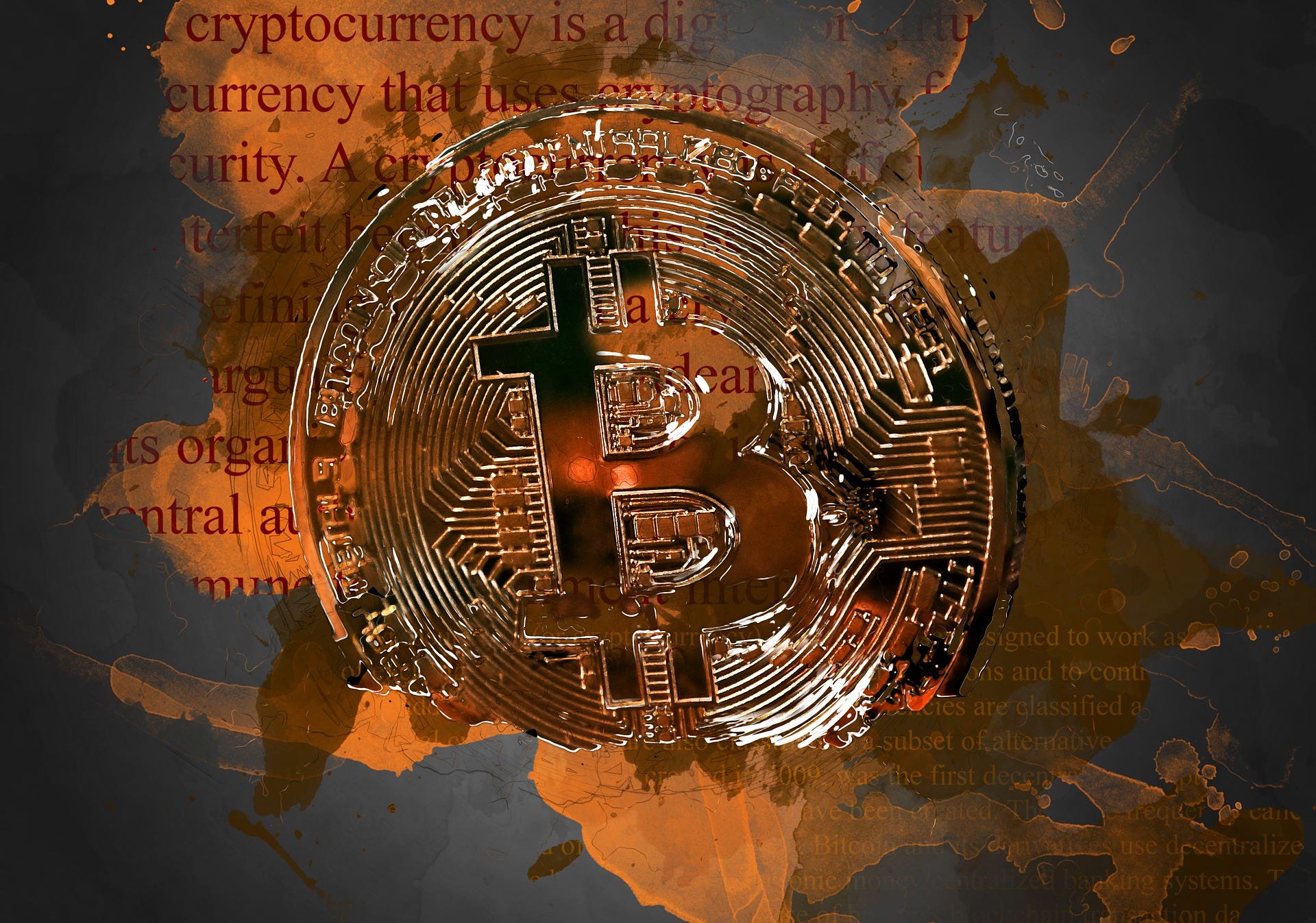PALO ALTO, Calif. (Reuters) - The Federal Reserve is looking at a broad series of concerns around digital payments and currencies, including policy, design and legal factors to consider around potentially releasing its own digital currency, Guv Lael Brainard said on Wednesday. Brainard's remarks recommend more openness to the possibility of a Fed-issued digital coin than in the past." By transforming payments, digitalization has the prospective to provide higher value and benefit at lower cost," Brainard stated at a conference on payments at the Stanford Graduate School of Service.
Reserve banks internationally are debating how to manage digital finance innovation and the dispersed journal systems used by bitcoin, which promises near-instantaneous payment at possibly low expense. The Fed is establishing its own Get more information round-the-clock real-time payments and settlement service and is presently reviewing 200 comment letters submitted late last year about the suggested service's style and scope, Brainard said.

Less than 2 years ago Brainard told a conference in San Francisco that there is "no compelling demonstrated requirement" for such a coin. But that was before the scope of Facebook's digital currency ambitions were widely understood. Fed authorities, consisting of Brainard, have raised issues about customer protections and information and personal privacy threats that might be posed by a currency that might come into use by the 3rd of the world's population that have Facebook accounts.
" We are teaming up with other reserve banks as we advance our understanding of main bank digital currencies," she stated. With more nations checking out releasing their own digital currencies, Brainard said, that contributes to "a set of reasons to likewise be ensuring that we are that frontier of both research study and policy development." In the United States, Brainard said, issues that need study consist of whether a digital currency would make the payments system safer or easier, and whether it might pose financial stability dangers, including the possibility of bank runs if cash can be turned "with a single swipe" into the main bank's digital currency.
To counter the financial damage from America's unmatched national lockdown, the Federal Reserve has Visit the website actually taken unmatched steps, including flooding the economy with dollars and investing straight in the economy. The majority of these relocations received grudging acceptance even from numerous Fed doubters, as they saw this stimulus as needed and something just the Fed could do.
My brand-new CEI report, "Government-Run Payment Systems Are Risky at Any Speed: The Case Versus Fedcoin and FedNow," details the risks of the Fed's existing strategies for its FedNow real-time payment system, and propositions for main bank-issued cryptocurrency that have actually been dubbed Fedcoin or the "digital dollar." In my report, I talk about issues about personal privacy, data security, currency control, and crowding out private-sector competitors and development.
Supporters of FedNow and Fedcoin state the government needs to produce a system for payments to deposit immediately, rather than encourage such systems in the personal sector by lifting regulatory barriers. However as kept in mind in the paper, the personal sector is supplying a seemingly endless supply of payment innovations and https://tfsites.blob.core.windows.net/legacyresearchgroup/index.html digital currencies to solve the problemto the level it is a problemof the time space in between when a payment is sent and when it is received in a checking account.
And the examples of private-sector innovation in this location are lots of. The Clearing Home, a bank-held cooperative that has been routing interbank payments in different kinds for more than 150 years, has been clearing real-time payments given that 2017. By the end of 2018 it was covering half of the deposit base in the U.S.